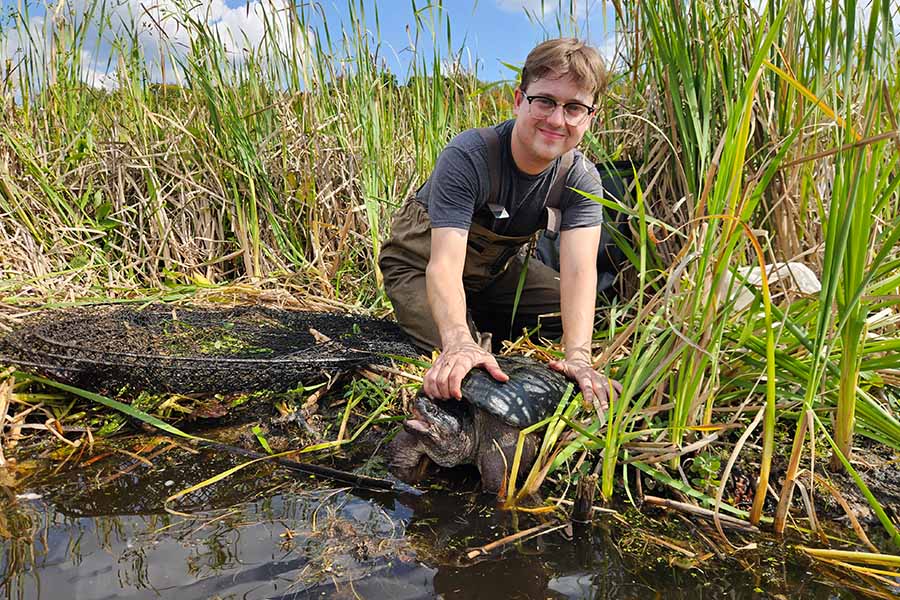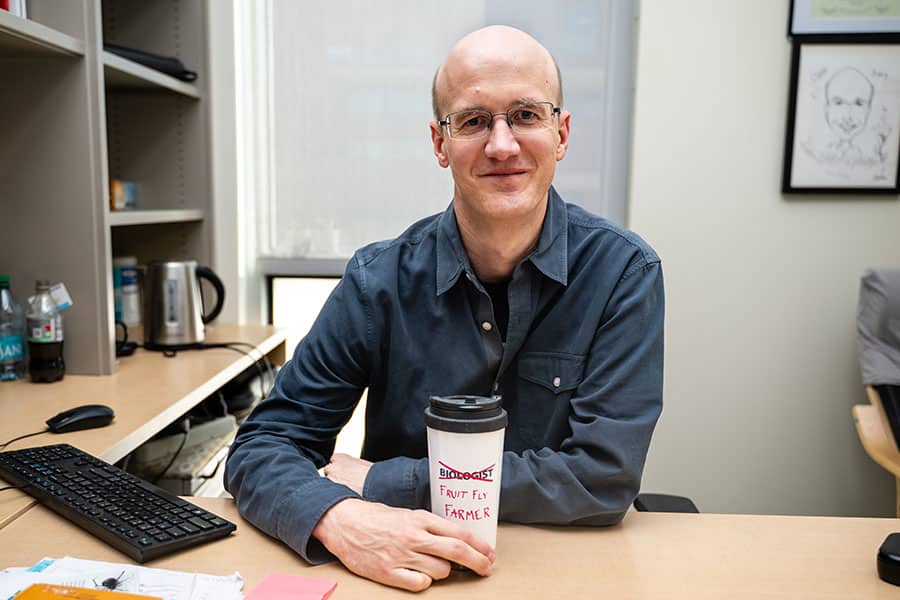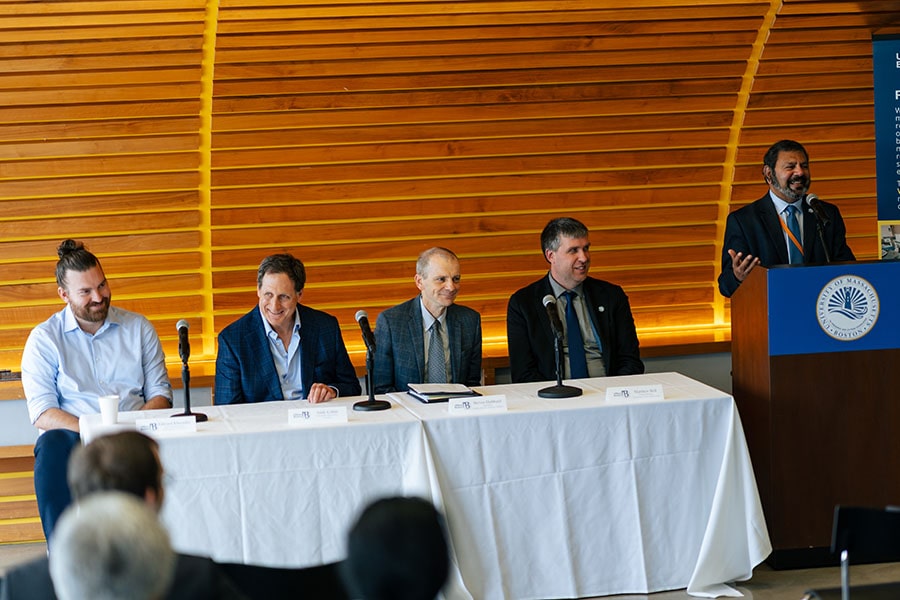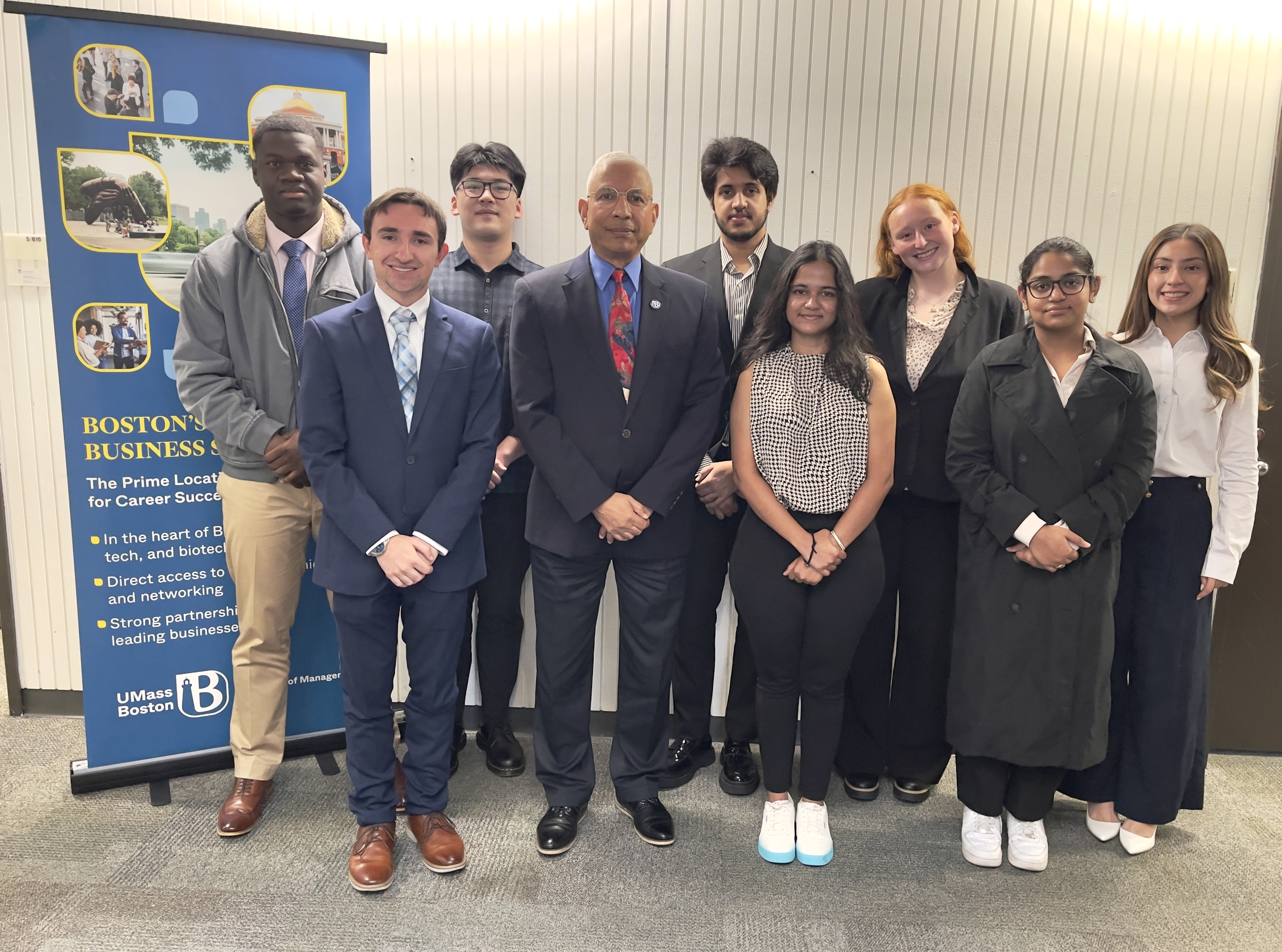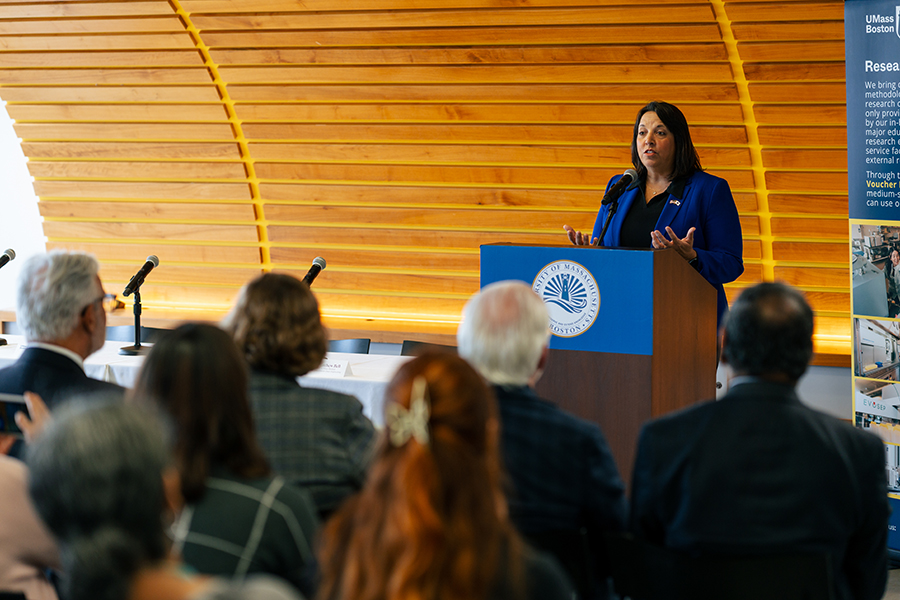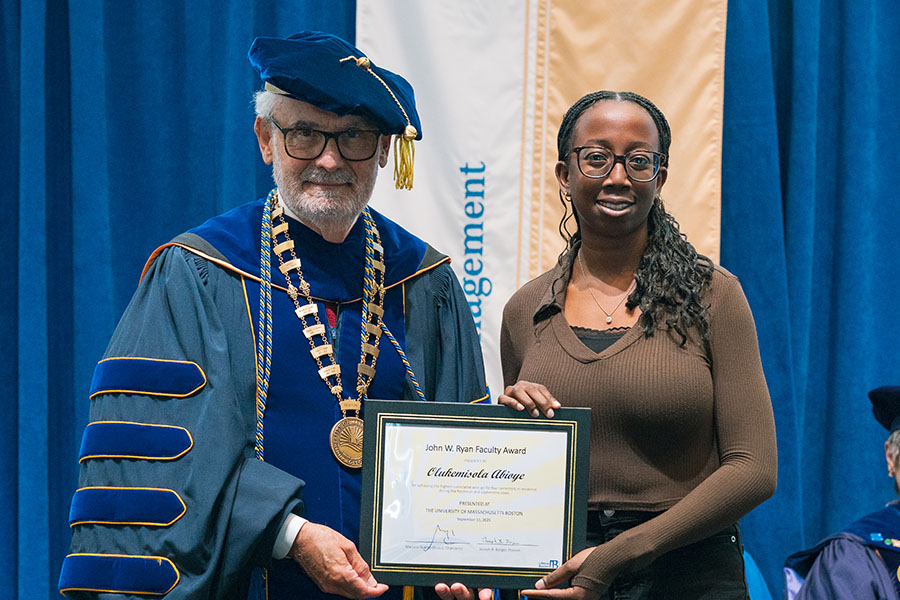Yoga, Religion, and Democracy: Researchers Explore the Relationship between Spiritual Practice and Political Engagement
UMass Boston Assistant Professor of Sociology Evan Stewart and Associate Professor of Sociology Jaime Kucinskas, of Hamilton College, examine whether spiritual and religious practices differentially contribute to civic and political engagement.
Research has long shown that people who are very involved in religious groups also tend to be involved in political activities and other kinds of civic life. Churches, mosques, synagogues, and other religious communities have been key places where people gather to get involved in their communities through voting, volunteering, and organizing. But today, more Americans do not affiliate with any religious tradition, and more of them are turning toward other kinds of meaningful spiritual practices that happen outside of conventional religious institutions.
Some critics question whether this might mean that they are turning away from other kinds of community life and “disconnecting” from civic engagement in favor of personal spiritual development and their careers. Alternatively, spiritual practices might “substitute” for religion by giving people an opportunity to connect with other kinds of community groups.
So, what does this really mean for community engagement?
UMass Boston Assistant Professor of Sociology Evan Stewart and Associate Professor of Sociology Jaime Kucinskas at Hamilton College teamed up to answer this question. In a new study recently published in American Sociological Review, they looked at survey data from the 2020 National Religion and Spirituality Survey to see whether people who reported frequent religious practices (like church attendance and prayer) and people who reported frequent spiritual practices (like yoga and meditation) were similar in their political engagement.
They compared how these two groups of spiritual and religious Americans vote, volunteer and otherwise get involved in their communities. They found that high spiritual practitioners were just as politically engaged as high religious practitioners.

“Our study found that people who reported more frequent spiritual practice were about 30 percent more likely to say they had done a political activity in the last 12 months than those who were not frequent practitioners, such as contacting their representative, making a donation, or joining a protest,” Stewart said. “More frequent religious practitioners were also about 30 percent more likely to report a political activity as well, so neither group appears to be politically disengaged. This is good news for civic life in the United States, because it shows that people can change their preferred activities without necessarily opting out of community engagement.”
Their research has been featured at Religion News Service, and Channel Q Radio.
Stewart and Kucinskas have also published an extended discussion on The Conversation, which has been shared across the country.
Latest University News
- Biology Team to Survey Reptiles and Amphibians in National Parks with $190K NPS Cooperative AgreementProfessors of Biology Rob Stevenson and Doug Woodhams, from the College of Science and Mathematics, have received a two-year award for $190,000 from the Department of the Interior’s National Park Service to develop a comprehensive survey of reptiles and amphibians in participating parks.
- In Fruit Fly Eyes, UMass Boston Researcher Sees Potential Medical DiscoveriesJens Rister, an associate professor in UMass Boston’s biology department, has just been awarded more than $1,700,000 in funding from the National Eye Institute of the NIH to research a protein that guides the development of color vision in fruit flies. By learning more about the underlying mechanisms, Rister hopes to learn about human diseases such as Oculoauricular Syndrome, a genetic condition that affects eyes and ears.
- Quantum Experts Discuss Impact of Investment on Students, Science and BusinessesFollowing the announcement that UMass Boston will be receiving a $3.8M grant to develop and commercialize quantum hardware, expert panelists discussed the positive impact that investment in quantum research can have.
- College of Management Welcomes a Global Cohort of Dean’s Student AmbassadorsThe College of Management at the UMass Boston is proud to announce its newest cohort of Dean’s Student Ambassadors–an extraordinary group of undergraduate leaders who will represent the College throughout the 2025-2026 academic year.
- UMass Boston Secures $3.8M for Collaborative Expanding Quantum Hardware Development, CommercializationMassTech Builds on its Support of UMass Boston, Western New England University-led Initiative
- Olukemisola “Kemi” Abioye has been recognized as the 2025 Ryan Award winner after achieving the highest cumulative GPA over four semestersAfter years of hard work and learning to balance extracurriculars with jobs, internships, and school, Kemi Abioye received the 2025 Ryan Award at UMass Boston.







